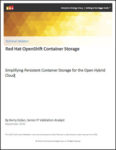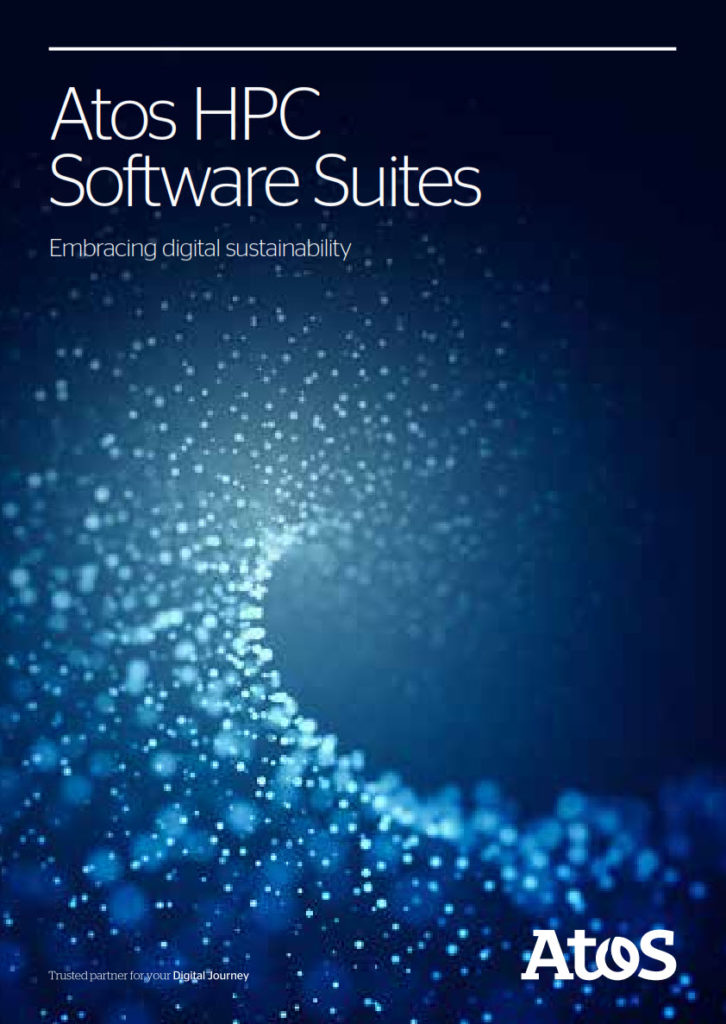Reno, NV – Sept. 14, 2022 – Sylabs, a provider of container technology and services for performance-intensive workloads, today announced it has been selected by America’s DataHub Consortium (ADC), in partnership with Tech Connect and Advanced Technology International (ATI), as a finalist in America’s DataHub Innovation Challenge. In addition to receiving a membership to the […]
Sylabs and Anchore Collaborate to Bring SBOM Support for Singularity Containers
Reno, NV – August 24, 2022 – Sylabs, a provider of container technology and services for performance-intensive workloads, today announced it has collaborated with Anchore to bring Syft Software Bill of Materials (SBOM) support to Singularity containers. Developed and maintained by Anchore, a software supply chain security company, Syft is an open source tool for […]
Sylabs Readies for Native OCI Compatibility with Release of SingularityCE 3.10
Reno, NV – May 18, 2022 – Sylabs, provider of tools and services for performance-intensive container technology, today announced that it has released SingularityCE 3.10. The newest update makes significant steps towards full OCI compatibility, giving Singularity the ability to natively run OCI-based container workflows. The release also adds functionality for resource limits using cgroups […]
HPC Open Source Container Company Sylabs Appoints Adam Hughes CTO
Reno, NV – March 23, 2022 – Sylabs, the global leader in providing tools and services for performance-intensive container runtime technology, today announced that it has appointed Adam Hughes to the position of Chief Technology Officer. Hughes will lead Sylab’s technology strategy and relevant roadmaps as the company advances its mission to provide the most […]
Linux Foundation Hosts Project for Container Collaboration Between Enterprise and HPC
SAN FRANCISCO, Nov. 30, 2021 — The Linux Foundation has announced it will host the Apptainer project (formerly the Singularity project) — Apptainer being a widely used container system for high-performance computing (HPC) and one of the container systems suited for both enterprise and HPC use cases. It is designed to execute applications at bare-metal performance […]
LLNL, IBM and Red Hat to Explore Standardized Resource Management Interface for Cloud HPC
Lawrence Livermore National Laboratory (LLNL), IBM and Red Hat are combining to develop best practices for interfacing high-performance computing (HPC) schedulers and cloud orchestrators, an effort designed for supercomputers that take advantage of cloud technologies. Under a recently signed memorandum of understanding (MOU), the organizations said researchers aim to enable next-generation workloads by integrating LLNL’s […]
Amazon and Red Hat Announce GA of Red Hat OpenShift Service on AWS
SEATTLE and RALEIGH, N.C. — March 24, 2021 — Amazon Web Services, Inc (AWS) and Red Hat, the world’s leading provider of enterprise open source solutions, announced the general availability of Red Hat OpenShift Service on AWS (ROSA), a managed service available via the AWS Console that designed to make it easier for OpenShift customers […]
Scaleway to Hold Breakathon March 25, Stress-test Kubernetes Kapsule’s Performance
Paris – February 25, 2021 – Scaleway, an alternative European infrastructure and platform as-a-service provider, has announced “the Breakathon” centered on its container orchestrator, Kubernetes Kapsule. On March 25, developers and user communities are invited to test the limits of Kubernetes Kapsule clusters, and put their skills to the test, combining web development, multi-cluster management, […]
Canonical Ubuntu Core 20: Securing Linux for IoT
Feb. 2, 202 — Canonical’s Ubuntu Core 20, a minimal, containerised version of Ubuntu 20.04 LTS for IoT devices and embedded systems, is now generally available. This version bolsters device security with secure boot, full disk encryption, and secure device recovery. Ubuntu Core builds on the Ubuntu application ecosystem to create ultra-secure smart things. “Every […]
Simplifying Persistent Container Storage for the Open Hybrid Cloud
This ESG Technical Validation documents remote testing of Red Hat OpenShift Container Storage with a focus on the ease of use and breadth of data services. Containers have become an important part of data center modernization. They simplify building, packaging, and deploying applications, and are hardware agnostic and designed for agility—they can run on physical, virtual, or cloud infrastructure and can be moved around as needed.







